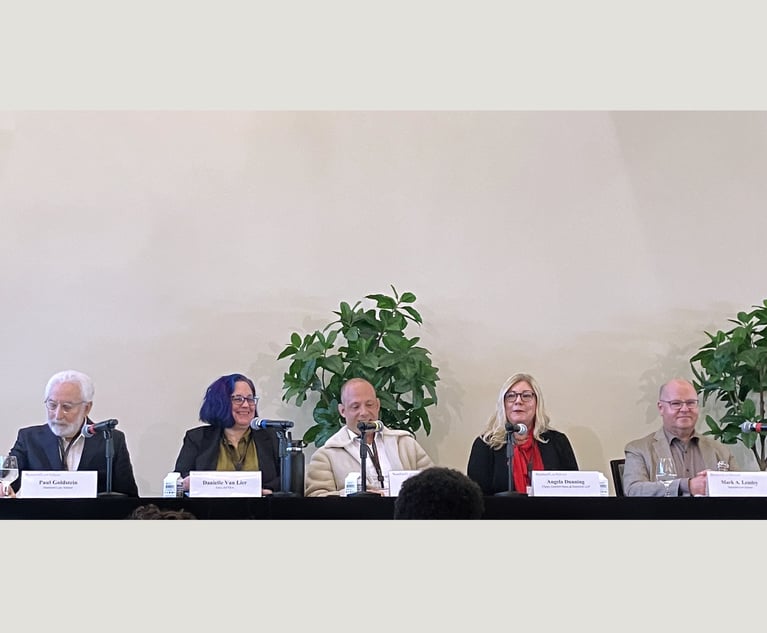The U.S. Supreme Court on Monday announced it will not hold its March oral argument session that was scheduled to begin March 23 for two weeks.
“In keeping with public health precautions recommended in response to COVID-19, the Supreme Court is postponing the oral arguments currently scheduled for the March session (March 23-25 and March 30-April 1),” the court’s public information office stated. “The court will examine the options for rescheduling those cases in due course in light of the developing circumstances.”
The court said postponement of the argument session in light of public health concerns is not unprecedented. The justices did not hold arguments for October 1918 because of the Spanish flu epidemic. And the court shortened its argument calendars in August 1793 and August 1798 in response to yellow fever outbreaks. Advocates had been preparing at various moot court sessions in recent days, on the chance the court was prepared to keep argument sessions as scheduled.
Despite the deferral of arguments, the justices will go forward with other business. The court will hold its regularly scheduled private conference Friday when the justices go through newly filed petitions and other matters. Some justices may participate remotely by telephone. The court also will release regularly scheduled orders on what petitions have been granted or denied at 9:30 a.m. March 23. That orders list will be available on the court’s website.
“With no perfect precedent to go by, the Spanish flu probably does present the best model for the court to handle the coronavirus pandemic. The current data indicates that non-symptomatic individuals—including court staff and law clerks—can transmit the virus,” veteran advocate Thomas Goldstein of Washington’s Goldstein & Russell wrote in a piece Sunday at SCOTUSblog. “Coronavirus is most dangerous for older people. For a justice to become sick—potentially, to die—would be disastrous.”
The Supreme Court building will continue to be open for official business, and filing deadlines are not extended under Rule 30.1, according to the court. The court also is expanding remote working capabilities to reduce the number of employees in the building. The building will remain closed to the public until further notice, as the court announced last week.
Many federal trial and appellate courts around the country are curtailing public access and delaying upcoming hearings, all part of an effort to minimize the spread of the novel coronavirus. The U.S. Court of Appeals for the Fourth Circuit postponed a week’s worth of arguments that were set for March 17 to March 20.
Read more:
Paul Weiss’ Brad Karp: We Need Obama, Bush and Clinton to Beat the Coronavirus
‘All Hands on Deck’ for Labor and Employment Firms Facing Flood of Employer Questions
As Coronavirus Threat Grows, More Courts Curb Access and Limit Oral Arguments
How the US Justice Department Is Responding to Coronavirus Threat
4th Circuit Postpones Oral Arguments as Courts Tighten Restrictions Over Coronavirus
NOT FOR REPRINT
© 2024 ALM Global, LLC, All Rights Reserved. Request academic re-use from www.copyright.com. All other uses, submit a request to [email protected]. For more information visit Asset & Logo Licensing.

 The U.S. Supreme Court. Credit: Diego M. Radzinschi / ALM
The U.S. Supreme Court. Credit: Diego M. Radzinschi / ALM









